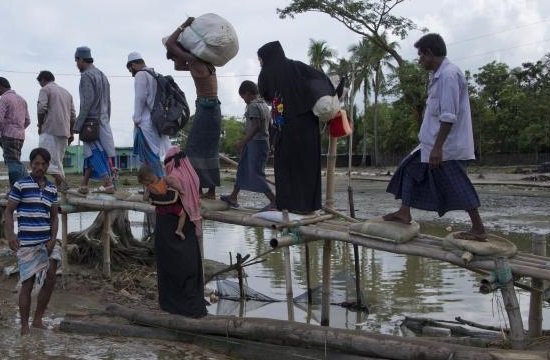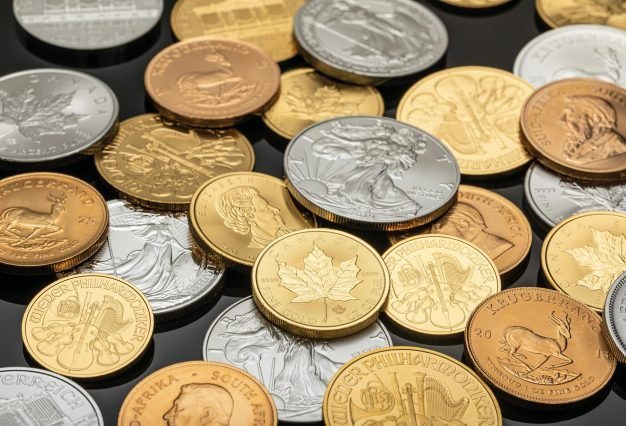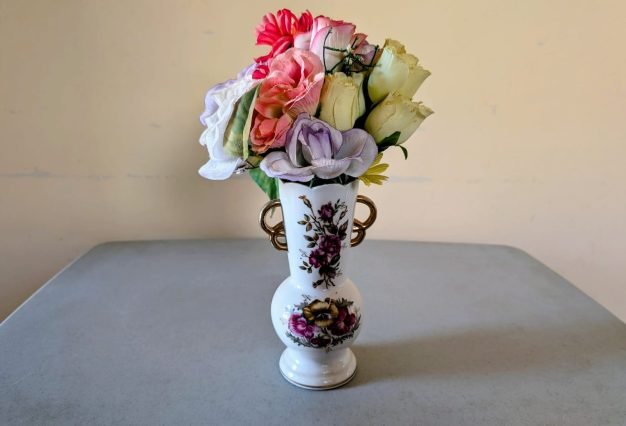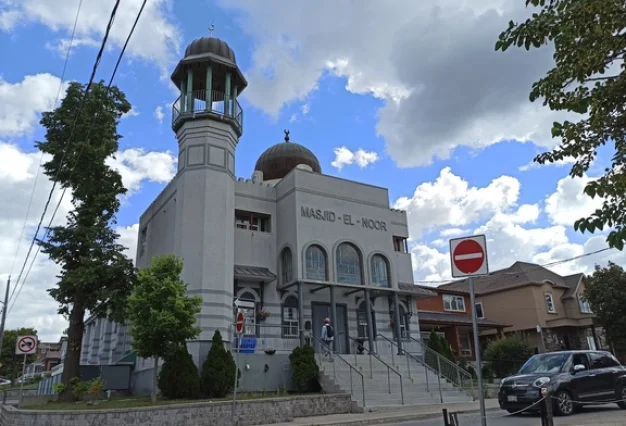By Shaykh Sulaiman Moola
On a very recent trip to the Myanmar border, to provide basic aid to the Rohingyan refugees, I witnessed a sight which left me emotional, yet envious.
After having spent a long day in the “Thinkaali Camp”, distributing the much needed aid to thousands of Rohingyans, we were returning back to the accommodation, which was a good two to three hour drive in distance, when plans suddenly changed.
The opportunity presented to view some “makeshift shelters” in the mountainous regions, with an aim to assist, long term.
We were given some basic gear and boots as we headed towards these camps. The sight around me was that of devastation, poverty, frail adults, undernourished toddlers and lean children. Not to mention about the lack, nay the absence of sanitation.
The first challenge was to cross a river on which a flimsy bridge was erected. The bridge was obviously not designed by any architect or built by any corporate construction team, but rather assembled by fellow Rohingyan refugees.
The Arabic proverb goes as follows,
الضَرُوْرَةُ (او الْحَاجَةُ) أُمُّ الْإِخْتِرَاعِ
“Desperation is the mother of invention”
That is precisely what I witnessed, innovation of different things with minimal resources.
We were waiting our chance to climb on to the temporary bridge, when a fellow colleague nudged me and said, “Look to your right.” I turned my gaze and what did I see? Two young men, standing at a slight distance from each other, with a wooden stick running from the shoulder of one to that of the other. In the centre was something like a howdah or seat, in which their elderly and frail mother was seated. Her facial expressions were that of nervousness and uncertainty. The old lady had crouched herself in the seat. As they got on to the bridge, carrying along with them the most “precious cargo”, I followed behind them, tearing with one eye and envying these youth with the other eye.
The du’ā’ that naturally followed was,
الّلهُمَّ سَلِّمْ سَلِّمْ
“O Allāh, grant them safety and take them across with ease.” (Tirmidhī)
This is the very du’ā’ and prayer that the Messenger (peace and blessing upon him) will make when his ummah (community of followers) will cross the bridge between hell and paradise on the Day of Judgement.
Contrary to these exemplary youth, is the sad plight of the average youngster today, who finds it difficult to take his mother to the local mall and wait patiently for her, or drive his dad to the surgery and back home.
The great ‘Omar bin Khaṭṭāb (may Allāh be pleased with him) once seen a man carrying his mom on his back, while performing a circuit around the Kā’aba (at the grand mosque in Makkah). The man was singing along,
أَحْمِلُ أُمِّي وَهِيَ الْحَمَّالَةُ تُرْضِعُنِي الدَّرَّةَ وَالْعلَالَةَ
“[Today I try to] carry my mother, while she carried me [once upon a time], suckling me and comforting me.”
Envious of this man, ‘Omar bin Khaṭṭāb (may Allah be pleased with him) said,
لأَنْ أَكُونُ أَدْرَكْتُ أُمِّي فَوَلِيتُ مِنْهَا مِثْلَ مَا وَلِيتَ أَحَبُّ إِلَيَّ مِنْ حُمْرِ النَّعَمِ
“If my mother was alive and I could do for her exactly as you are doing for your mother, that would be greater for me than owning red camels (a most exclusive asset to the Arabs of that time).” (Al Birr Wa al Ṣilah li Ibn Al-Jawzī)
Ibn ‘Abbās (may Allāh be pleased with him) is reported to have said,
إِنِّي لَا أَعْلَمُ عَمَلًا أَقْرَبَ إِلَى اللَّهِ عَزَّ وَجَلَّ مِنْ بِرِّ الْوَالِدَةِ
“I am not aware of any action in Islam which is dearer to Allāh than kindness to one’s mother.” (Al-Adab Al Mufrad li al Bukhārī)
The Messenger (peace and blessing upon him) has also mentioned,
الْوَالِدُ أوْسَط (ايْ افْضَل) أَبْوَابِ الْجَنَّةِ فَحَافِظْ عَلَى ذَلِكَ إِنْ شِئْتَ أَوْ دَعْ
“Your father is the best door to paradise. You can either preserve that door or neglect it.” (Ibn Ḥibbān)
Our parents are the apparent source of our arrival in this world because of which we remain indebted to them eternally.
Every morning the great giant in ḥadīth, Abū Hurayrah (may Allāh be pleased with him) would stand at his mom’s door and say,
رَحِمَكِ اللَّهُ كَمَا رَبَّيْتِنِي صَغِيرًا
“May Almighty Allāh have mercy on you for nurturing me as a child.”
She would in return reciprocate his sentiments by saying,
رَحِمَكَ اللَّهُ كَمَا بَرَرْتَنِي كَبِيرًا
“May Almighty Allāh reward you for serving me in my old age. [Ᾱmīn]” (Al-Adab Al Mufrad li al Bukhārī)
In conclusion, we ask Allāh, the Almighty, to grant us all the ability to cherish and revere our parents, thereby earning their innermost du’ā’s, which will surely pave the way to paradise for us In-shā Allāh.
رَّبِّ ارْحَمْهُمَا كَمَا رَبَّيَانِي صَغِيرًا
“O my Lord, have mercy upon them, as they brought me up [when I was] small. [Ᾱmīn]” (Qur’ān 17:24)




